Posts from 2022
The Archive 3rd Party Macros
This page lists all macros for 3rd party apps like Keyboard Maestro, Alfred, and other launchers that can enhance your workflows with The Archive.
Philosophy of Zettelkasten: What is the Ghost in the Box?

This essay is an explorative one. I'll invite you to tag along and nerd this stuff out with me. I translated the following note of Luhmann about Zettelkastens: "Ghost in the box? Spectators visit. They get to see everything, and nothing but that - like in a porn movie. And the disappointment is correspondingly high."
The Archive is Ready for macOS 13 Ventura
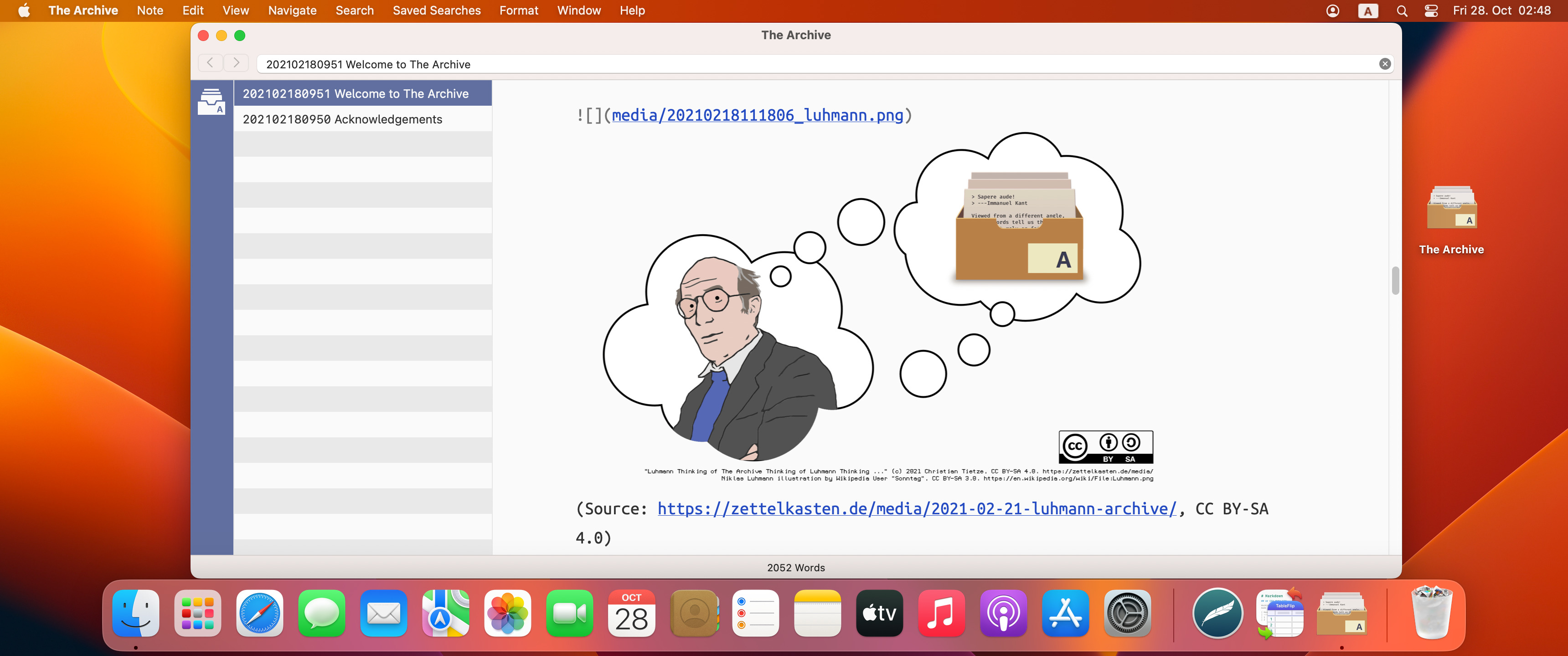
The Archive is ready for Apple’s latest version of macOS, available since the start of this week. We recommend you wait with upgrading to macOS 13 Ventura until 13.1 comes out, if you haven’t already, because the initial .0 releases often ship with annoyances or bugs that get sorted out in minor updates a couple of weeks later.
English Translation of All Notes on Zettelkasten by Luhmann

I thought it would be nice if there was a common knowledge base on what Luhmann himself wrote on Zettelkasten. So here is a translation of all 18 notes of the section 9/8 of his second Zettelkasten. I tried to find a middle ground between a translation that is faithful to his style, the nature of the German language, and the least ambigious English I can come up with.
How To Use Creative Techniques Within the Zettelkasten Framework
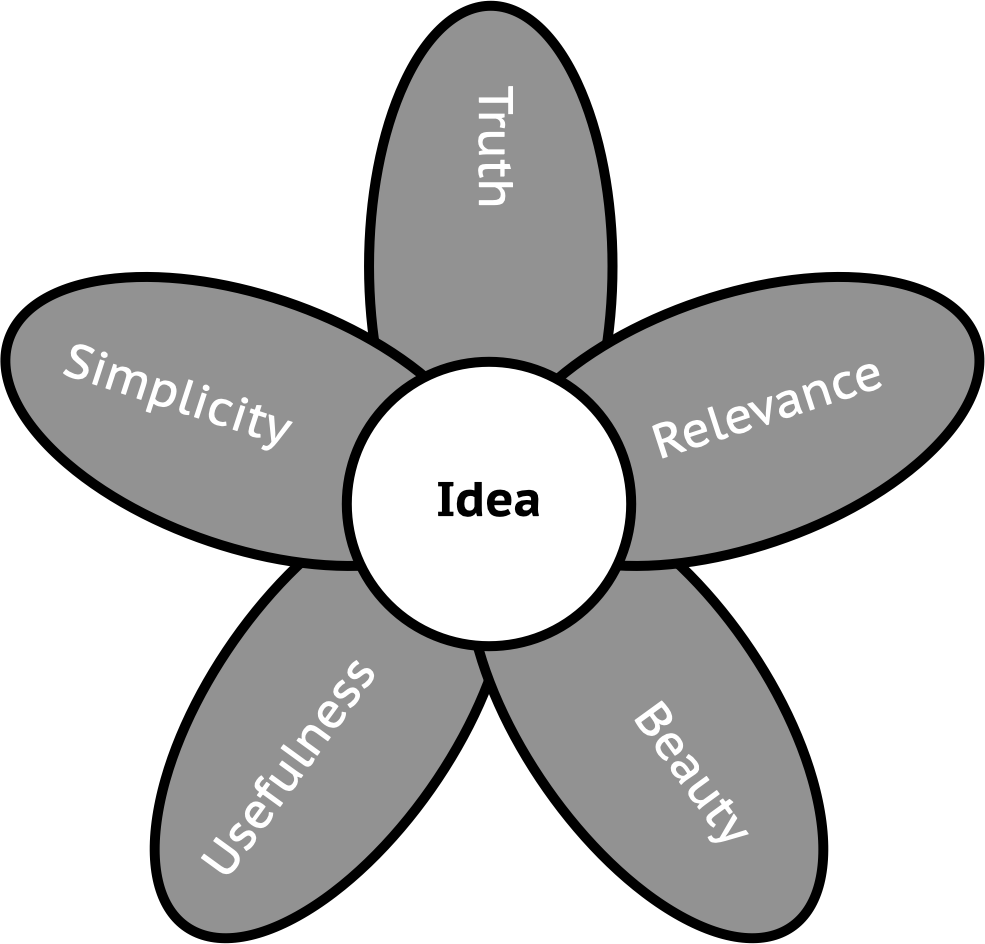
One of the greatest difficulties in understanding the Zettelkasten Method is to separate its specific characteristics from actual knowledge work. Or, how I like to phrase it: “Link knowledge, not notes.” Working with our Zettelkasten is the physical (or digital) manifestation of our thinking. It provides a framework that allows us to think through writing and to create an increasingly complex thinking machine that can help us think deeper than being on our own. The Zettelkasten Method provides a framework for our thinking, but does not prescribe what and how we think.
Every Step in the Process Must be Knowledge-Based Value Creation

“The Zettelkasten Method is so labor-intensive. I don't have time to also maintain a Zettelkasten.” -- This, or something like it, is a regular concern when people engage with the Zettelkasten Method. And with good reason, because on the forums and Reddit you can see that care and maintenance seems to be a big part of the Zettelkasten Method. That's a problem of the implementation.
How Value is Created in a Zettelkasten (and Any System of Knowledge Work)

The first question we need to ask ourselves is: What is value? I propose a simple answer to this question: Valuable is what is useful to us. Let’s look into knowledge on nutrition as an example: Knowing how to eat healthy is not very useful to a lot of people because this knowledge is not put into practice. Most of the time this knowledge is not what is needed. Eating healthy is rather about building habits. Then again, knowledge on healthy nutrition becomes useful when those healthy habits are built.
Field Report #6: The Zettelkasten Method Works for PhD Students Very Well!
This is a guest post by Jeannel King (@jeannelking on our forums), a follow up to her Zettelkasten use in class from 2 years ago. Enjoy! Update now that I’m three years in to my PhD program and am about to start on my lit reviews and dissertation research…
Analog vs. Digital Zettelkasten
Join Scott Scheper and Sascha in this video as they discuss analog vs. digital Zettelkasten.
Among other things, they talk about:
- Popular Zettelkasten videos and their odd focus on software demonstration.
- The Disease of Modernity, Sascha’s book project
- Three Layers of Evidence
- Practice vs theory
How to Assess the Strength of Claims in Your Zettelkasten

We all are guilty of the following: We think we know something in spite of very weak evidence. Our Zettelkasten will reflect this behavior with no mercy. This will become a problem because the game of evidence is a game of trust. This trust game in the arena of creative knowledge work will be played between your present self and two other selves: Your past and your future self.
The Zettelkasten Method for Fiction Writing
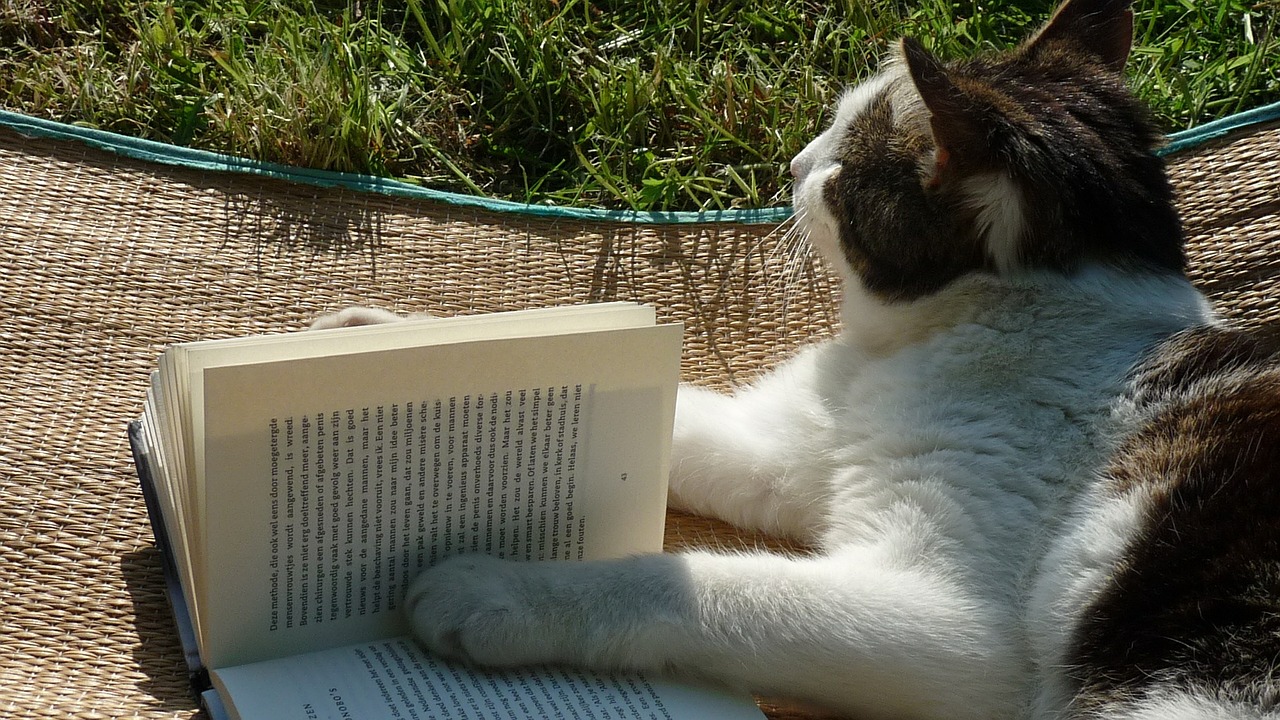
The Zettelkasten Method will support your goals relating to both consuming and producing fiction texts. It is designed to create a thinking machine out of your notes you are already making that supports all of your thinking.
Playing the Zettelkasten RPG Through Arbitrary Constraints
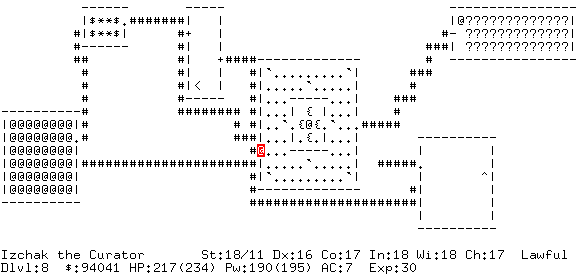
Today, learn about how to game your Zettelkasten like a roguelike RPG – in a guest post by Allen Wilson (University profile; Twitter) aka @pseudoevagrius on the forum. The metaphor alone is cool, but the 3800+ words strong post doesn’t end there and goes on to give practical advice on how to work under self-imposed constraints to make use of “short runs”.
Field Report #5: How I Prepare Reading and Processing Effective Notetaking by Fiona McPherson
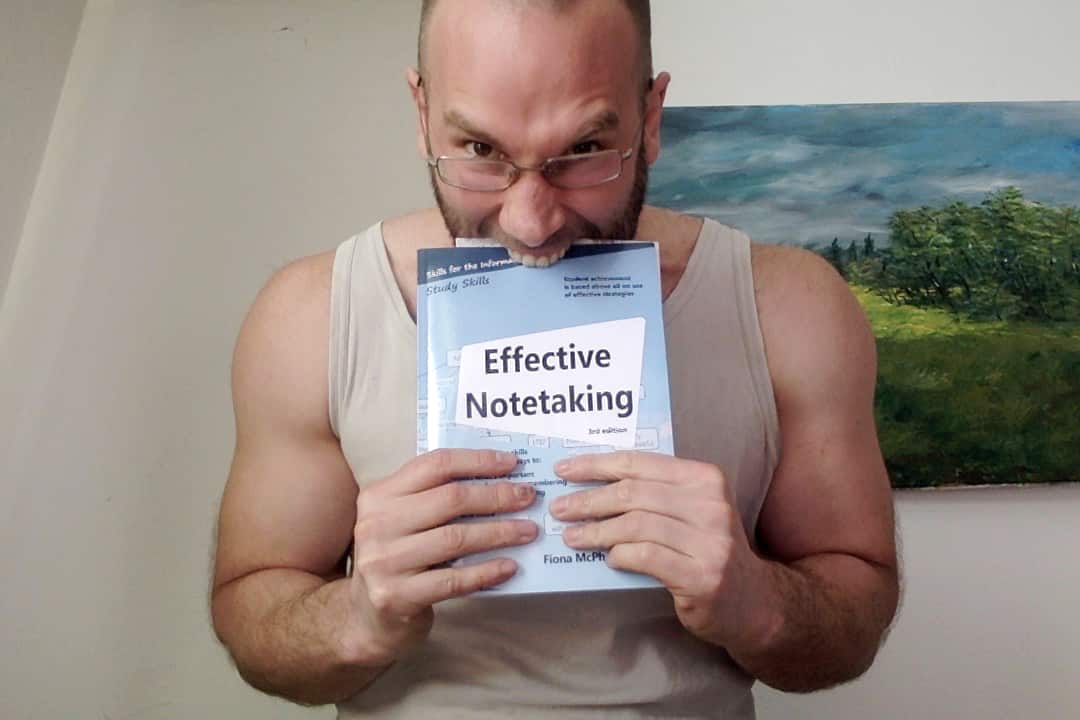
When you process a book into your Zettelkasten you should prepare both the book and your Zettelkasten. The following is exactly how I prepared Effective Notetaking by Fiona McPherson: I set clear expectations and why I am reading a book. I don’t read for joy, although I enjoy good books almost regardless of their topic. The usefulness of the book comes first. I expect Effective Notetaking to teach me on how to use note-taking to achieve specific goals. So I expect a combination of theoretical and practical knowledge.
How to Integrate Your Zettelkasten with Your GTD
A quick demonstration on how to go from task manager to The Archive:
Introducing the Antinet Zettelkasten

Today, we're happy to introduce you to Scott P. Scheper via this introduction to his fully, 100% analog and paper-based approach to Zettelkasten! Make sure to also check out his videos for a live demo at the end. Enjoy!
My goal is twofold: (1) I hope to motivate those who prefer paper-based thinking systems, and (2) I hope to present an alternative perspective for those who use digital Zettelkasten systems. I hope my perspective will add one or two valuable insights you can add to your Zettelkasten workflow (even a digital one).
Book Teaser (2nd Edition): Improved Diagram of the Flow of Value Creation
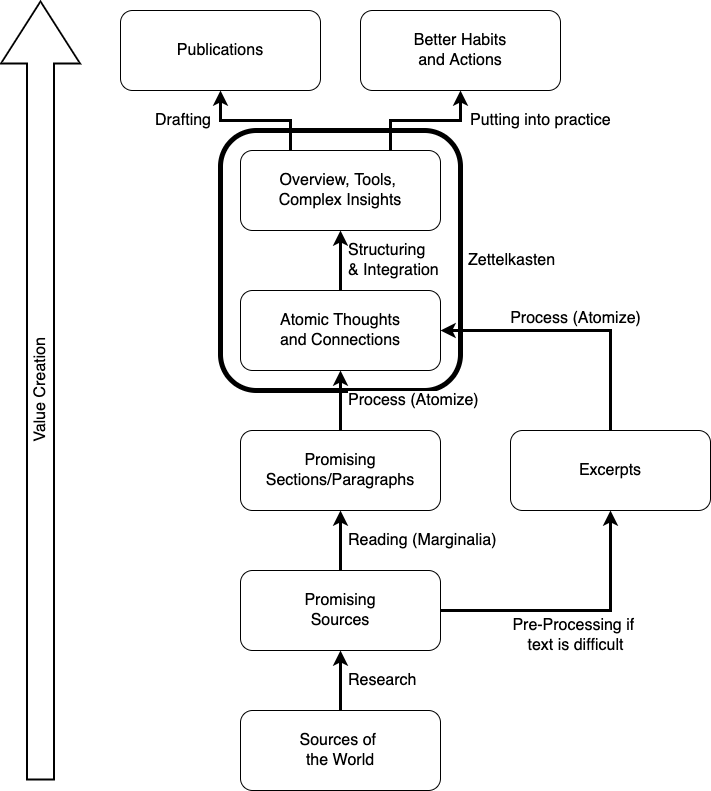
This is an improved version of the diagram on the flow of value creation. Three comments on that: It goes from bottom to top because this direction reflects the increase of value better. It now shows the idealised boundaries of the Zettelkasten itself. It is possible to have the drafts within the Zettelkasten and the excerpts as well. However, this would detract from understanding the Zettelkasten Method.
Using Cartography as a Metaphor for Investigating the Great Folgezettel Debate
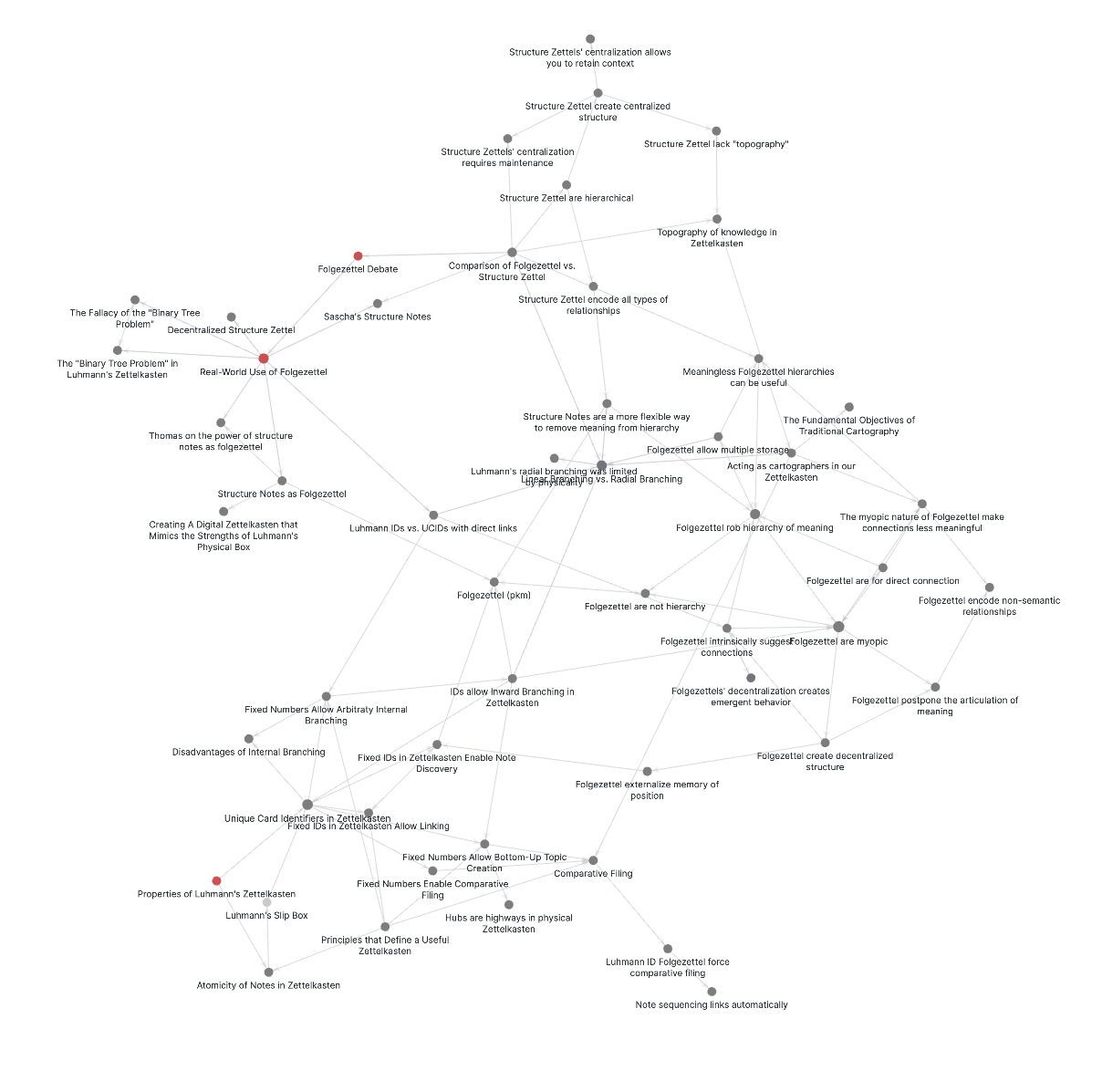
Today, we’ve got a post by Austin Ha (@iamaustinha on the forum and on Twitter) that tackles the Folgezettel–vs–links-only debate from a different perspective – cartography! Austin went really far in preparing example archives to illustrate everything (download link at the bottom) so thank a lot for all this work!
No, I Do Not Underestimate the Power of the Dark Folgezettel – I Embrace Its Source of Power

A long time ago, Daniel wrote a reply to my reply to his article. This might be the spark that ignited the Great Folgezettel Debate. Daniel wrote that Luhmann didn't just create a network that looked like a interconnected web, but instead, he created something resembling an ordered tree.
Folgezettel
On this page, we provide an overview of what came to be known as The Great Folgezettel Debate and its follow-up discussions. For all intents and purposes, we often translate the German word “Folgezettel” as “sequence of notes”. We’re writing this overview in the open. If you come across any relevant resource or piece of discussion you want to share, contribute to the forum discussion or email us
Book Teaser (2nd Edition): Flow Diagram of the Zettelkasten Method
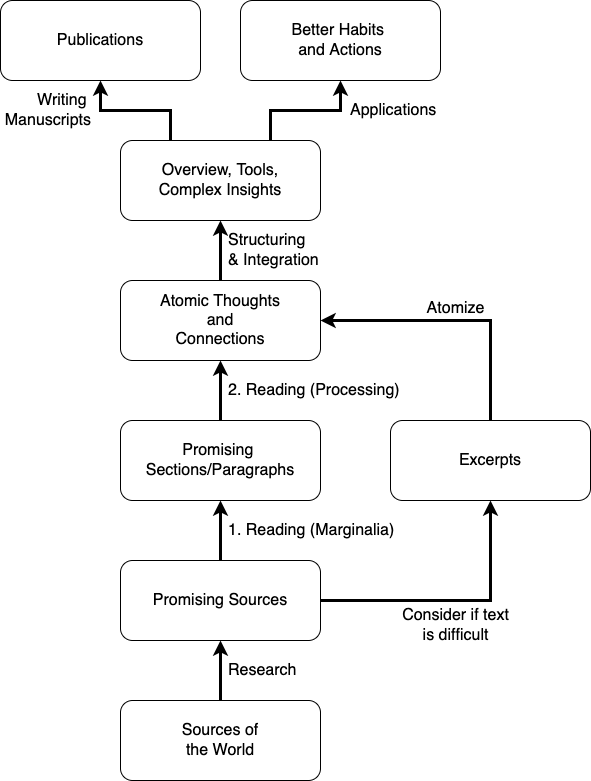
Hi Zettlers.
This is a little flow diagram that illustrates the Zettelkasten Process with the help of one of the principles of the Zettelkasten Method, "Creating Pre-Products".
The concept "excerpt" might be interpreted as "literature note" since both concepts are similar. To me, creating an excerpt is a methodological approach of using tools to understand a text. So it is more than just about creating notes on thoughts and ideas embedded in a source.
From Fleeting Notes to Project Notes – Concepts of "How to Take Smart Notes" by Sönke Ahrens
Terminological troubles beset the account of note categories in How To Take Smart Notes by Sönke Ahrens (Ahrens 2017). The book reads as though it emerged unedited from the author’s Zettelkasten. The most important type of note doesn’t have a name. This post aims to settle the record.
Ahrens discusses five categories of notes: three main descriptive categories of notes: fleeting note, permanent notes and project notes; and two subcategories of permanent notes: literature notes and Zettels, although the term Zettel occurs nowhere in Ahrens (Ahrens, 41). Italicized terms are defined in "Note categories in detail" below, after some remarks on the components of a Zettekasten and on workflow in the Zettelkasten Method according to Ahrens.
Field Report #4: I spent six months using a Zettelkasten to write my thesis. Here's what I learned
We users of a Zettelkasten strive for a set of ideals: that we don't only collect knowledge but integrate it and use it in the service of our own knowledge work; that use of a Zettelkasten generates new connections and insights for us in that work (as Luhmann said, as a conversation partner); that our organization of notes allows for clear thinking and organized ideas.
The Zettelkasten Method for Fiction IV - Creating Stories

In the first part, we learned not to care about the source of the knowledge we deal with, but about its nature. In the second part, we learned what we are dealing with when we deal with story. In the third part, we learned how to use our Zettelkasten to analyse story. What is left for us to learn? Creation.
The Zettelkasten Method for Fiction III - Create a Toolbox to Analyse Stories that Live in Your Zettelkasten

In the first part, we learned not to care about the source of the knowledge we deal with, but about its nature. In the second part, we learned what we are dealing with when we deal with story. So, how do we actually deal with story material using the Zettelkasten Method?
The Zettelkasten Method for Fiction II – Collecting and Processing Building Blocks of Story

In part 1 we concluded that knowledge is knowledge, independent of its source. Applying the Zettelkasten Method to fiction books does not change anything if we are dealing with knowledge .But if you want to use the Zettelkasten Method to analyse a story as a story? Then you need to know what to look for besides knowledge.
The Zettelkasten Method for Fiction I – Knowledge is Knowledge
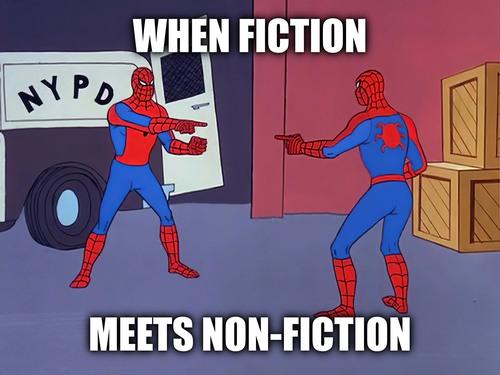
Quite frequently, the question how to make the Zettelkasten Method work for fiction arises. The simple answer is: There is no need to modify the Zettelkasten Method because it only provides the overarching architecture for your notes and their connections. If your sources are fictional or non-fictional is just a question of the content your notes hold.